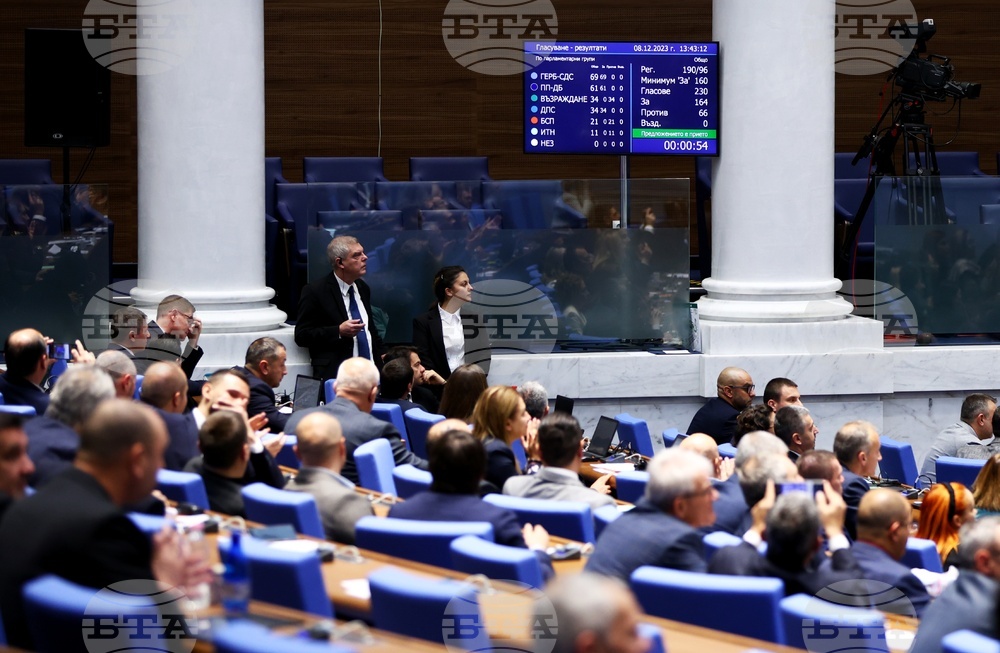Constitutional Court Rejects Request for Interpretation of Constitution on Majority Voting on Constitutional Amendments
The Constitutional Court rejected a request by MPs from the 49th National Assembly to give a binding interpretation of a provision of the Constitution in relation to the required majority for the three votes to adopt amendments to the Constitution, the Court said in a statement on Monday.


































